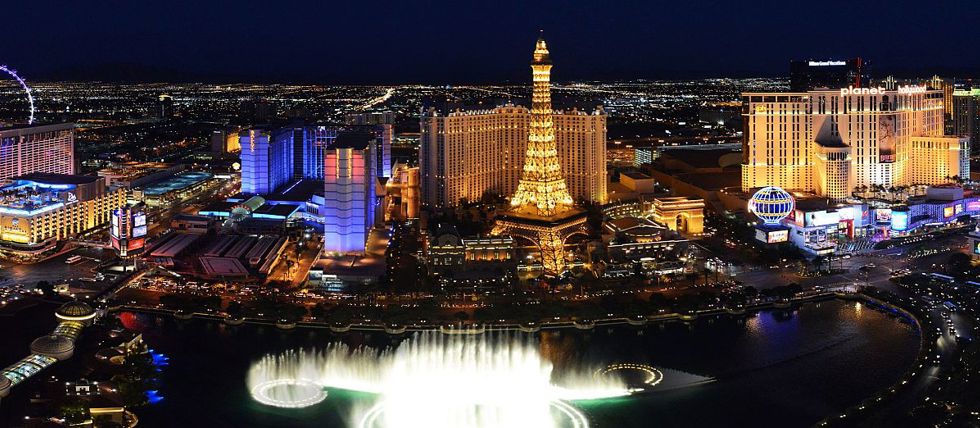Las Vegas Casinos Could Be Impacted by Federal Crackdown on Resort Fees

Resort fees, an additional charge often added to hotel bills in Las Vegas and other tourist destinations, are coming under increasing scrutiny from both consumers and regulators. Las Vegas casinos and resorts complain that a long-running endeavor to eliminate them from the hospitality industry could cause them irreparable harm.
Hidden in the Fine Print
These fees, which can range from $23.95 to $45 per night in Las Vegas, are, according to the properties, designed to cover amenities such as Wi-Fi, fitness center access and pool access. However, many consumers view them as deceptive, as they are often not included in the advertised room rates.
In February 2023, President Joe Biden announced his administration's intention to crack down on junk fees, which include resort fees. This commitment was further strengthened by the Federal Trade Commission (FTC), which proposed a rule in October 2023 that would ban hidden or misleading fees.
Related: Las Vegas Continues to Be Gambling Mecca as Revenue SoarsThe industry is not happy about the FTC's proposed rule and has been lobbying against it. Major players such as the American Gaming Association and the American Hotel and Lodging Association argue that the hospitality industry is already highly regulated and that the proposed rule would be burdensome and costly.
Consumer advocates, on the other hand, support the FTC's proposed rule. They argue that resort fees are unfair and deceptive because they are often not disclosed upfront and can significantly increase the true cost of a hotel stay.
States Protect Consumers
In the meantime, some states are taking action to address the issue on their own. Starting from July 2024, for example, California has implemented new legislation mandating the provision of advanced pricing for vacation compensation as an illustrative instance.
Marriott, facing a lawsuit from Pennsylvania, reached a settlement mandating the company to unveil the total expense. However, Massachusetts is currently considering a bill that would obligate vendors to transparently reveal the cost of their offerings and specify if the charges are discretionary or can be refunded.
The future of resort fees in Las Vegas is uncertain, but the trend is towards greater transparency and accountability. As more states and regulators take action, it is likely that Las Vegas casinos will be forced to either eliminate resort fees or make them more transparent.
As a result of the FTC's proposed rule and the actions taken by some states, it is likely that resort fees will be either eliminated or reduced in Las Vegas. However, this could also lead to an increase in hotel room rates to offset the lost revenue. Additionally, with the elimination of resort fees, consumers will have a more accurate picture of the true cost of their hotel stays.
Overall, the debate over resort fees is likely to continue for some time. However, the FTC's proposed rule and the actions taken by some states are sending a clear message that resort fees are not acceptable to consumers and regulators. As a result, it is likely that Las Vegas casinos will need to find a new way to fund the amenities that their guests expect.
More Business News
RELATED TOPICS: Business
Most Read
Must Read
 Interviews
Interviews









Review this New Post
Leave a Comment
User Comments
Comments for Las Vegas Casinos Could Be Impacted by Federal Crackdown on Resort Fees